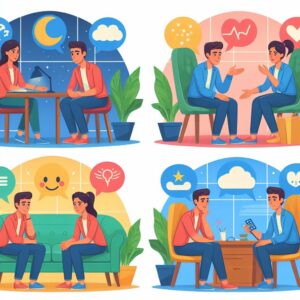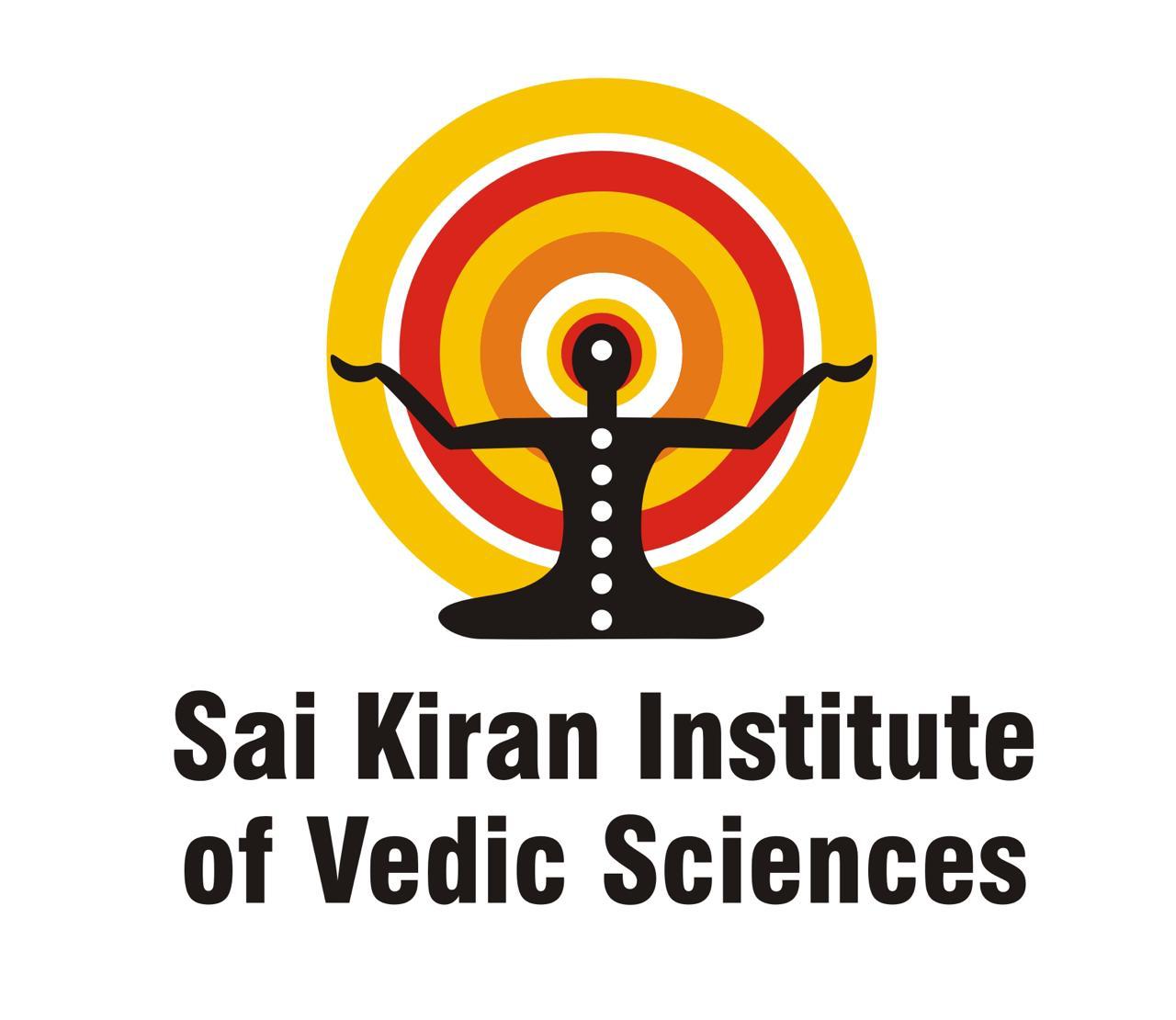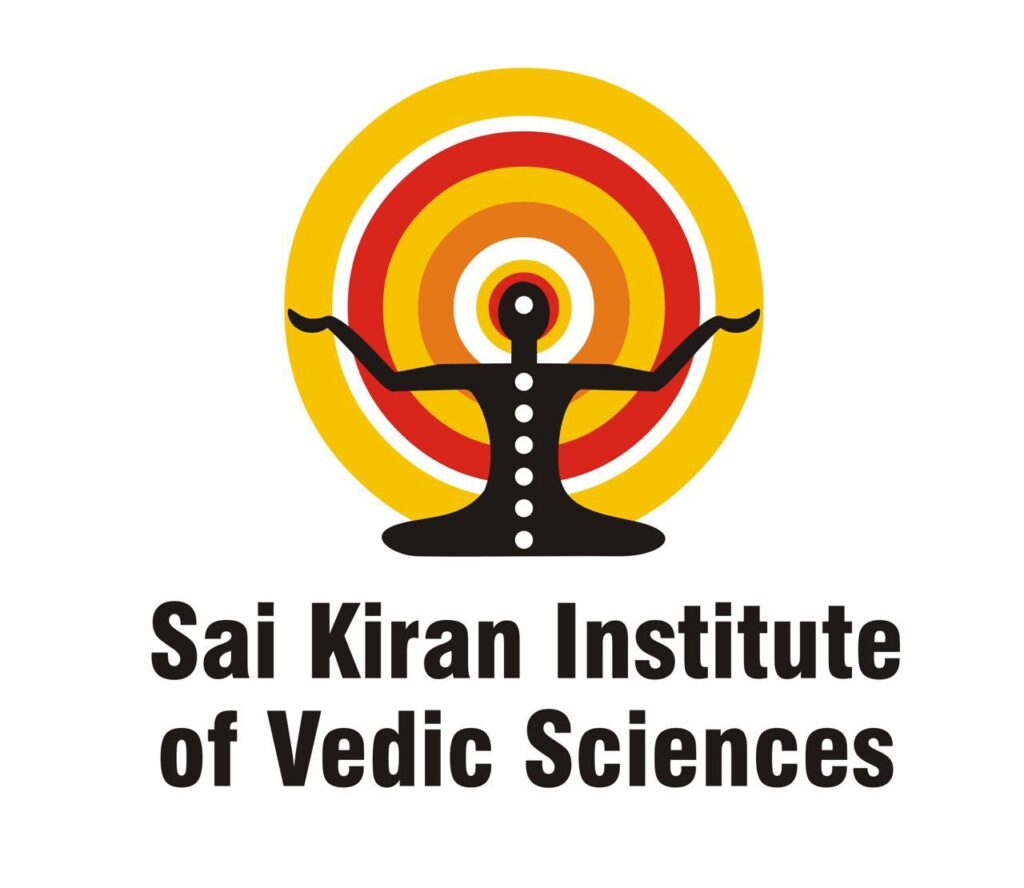In a world that’s constantly buzzing with noise, expectations, and endless to-dos, it can be easy to lose sight of who we are, what we want, and why we’re even racing in the first place.
That’s where the transformative power of Stages of Counselling – towards self-discovery, healing, and unlocking the treasure trove of potential within us.
Whether you’re taking your first step into counselling or looking to dive deeper, this guide is tailored to illuminate your path, making the journey as enlightening as possible.
Remember, seeking counselling is a sign of strength, not weakness. It demonstrates your commitment to self-improvement and your desire to live a fulfilling life. By understanding the stages involved, you can feel confident and prepared to embark on this transformative journey of self-discovery and unlock your full potential.
Why Stages of Counselling, You Ask?
Imagine having a conversation where you’re not just heard, but deeply understood. A space so safe that your innermost thoughts, feelings, and fears can freely surface without judgment. Stages of Counselling offers this sanctuary, guiding you through the maze of life’s challenges, whether they stem from relationships, career, self-esteem, or past traumas.
But it’s more than just talking about problems. It’s about embarking on a voyage towards self-awareness, embracing change, and fostering growth. So, let’s break down this journey into digestible milestones, crafting a roadmap to navigate the transformative stages of counselling.
The Beacon of Awareness: Acknowledging the Need
The very acknowledgment that maybe, just maybe, we could use a helping hand in sorting through our tangled web of thoughts and emotions, is a massive leap. Often, we get caught in the whirlwind of “I should be strong enough to handle this on my own.” Yet, it’s crucial to understand that seeking counselling isn’t a sign of weakness; it’s a stride of strength and self-care.
- Self-reflection: Begin with introspection. What aspects of your life feel overwhelming? Is there a persistent sense of dissatisfaction, anxiety, or sadness?
- Research: Dive into understanding what counselling entails. Familiarize yourself with the types of counselling available (individual, group, family, etc.) and what issues they can address.
This stage sets the cornerstone for a journey that’s as unique as you are, paving the way for healing and growth.
Setting Sail: Choosing the Right Counsellor
Finding a counsellor that you click with is akin to discovering a lighthouse in a storm. It can make all the difference in the world. Here’s how to navigate these waters:
Credentials and Experience
Ensure your prospective counsellor has the appropriate qualifications and experience relevant to your needs. It’s not just about the degrees but their expertise in dealing with specific issues like anxiety, depression, or marital problems.
First Impressions Matter
Schedule initial consultations with a few counsellors. It’s a bit like dating – you’re looking for a connection, a feeling of comfort and understanding. Trust your gut; it often knows before your mind makes sense of it.
Therapy Style and Approach
Different counsellors have different approaches – some may give homework, while others prefer a more conversational style. Discuss their method and ensure it aligns with what you’re looking for.
Personal Counselling Near You.
Navigating the Waters: The Counselling Process
But what exactly happens in Stages of Counselling?
Understanding the stages involved can empower you to feel confident and prepared for your journey.
Stage 1: Building a Foundation of Trust
The first stage prioritizes building a strong therapist-client relationship. This involves open communication, active listening, and creating a safe space for you to express your thoughts and feelings freely. Your counsellor will also gather information about your background, concerns, and goals for seeking counselling.
Stage 2: Unveiling the Landscape: Exploring Your Concerns
This stage of Stages of Counselling delves deeper into your concerns. You’ll explore the challenges you’re facing, the emotions associated with them, and the impact they have on your life. By exploring hidden patterns and uncovering deeper emotions, your counsellor helps you gain a clearer understanding of your situation.
Stage 3: Setting Your Course: Collaborative Goal Setting
Together, you and your counsellor will define your goals for therapy. These goals should be specific, measurable, achievable, relevant, and time-bound (SMART). Whether it’s improving communication skills, managing stress, or navigating emotional challenges, having clear goals keeps you motivated and focused on progress.
Stage 4: Embarking on the Journey: Implementing Strategies
This is where the “rubber meets the road.” Your counsellor will introduce and guide you through specific strategies tailored to your unique needs and goals. These strategies may involve techniques like cognitive-behavioral therapy, mindfulness exercises, or journaling prompts.
Stage 5: Reaching the Summit: Evaluating and Adjusting
Throughout your journey, you and your counsellor will regularly evaluate your progress and adjust the course as needed. This ensures you stay on track towards achieving your goals, while also adapting to any changes or new challenges that may arise.
Stage 6: Graduation Day: Transitioning Towards Continued Growth
As you reach your goals and feel empowered to navigate your life independently, the focus shifts towards planning for termination. This involves creating a plan to maintain your progress and addressing any potential concerns about transitioning out of therapy. It will help in self empowerment.
Emerging Light: Growth and Self-Discovery
Stages of Counselling is a journey of ebbs and flows, but with perseverance, the fog begins to lift, revealing a clearer path ahead. This stage is where the magic happens – the realization of your strength, resilience, and growth.
- New Perspectives: You’ll start seeing your challenges in a new light, equipped with the tools and mindset to tackle them.
- Empowered Self: With a deeper understanding of yourself, you’ll feel more empowered to make choices aligned with your values and goals.
This is not the end but a beautiful beginning of a more mindful, fulfilling life journey.
The Continuous Voyage: Beyond the Counselling Room
The beauty of Stages of Counselling is that its impact resonates far beyond the sessions themselves. It’s a gift that keeps on giving, influencing how you navigate life’s ups and downs.
- Incorporate the tools and strategies learned into your daily life.
- Practice self-compassion and patience. Growth is an ongoing process.
- Stay open to the idea of returning to counselling when new challenges arise or when you feel the need for further self-exploration.
A Parting Thought…
Embarking on the counselling journey is a profound act of courage and self-love. It’s about not just surviving but thriving, unlocking your full potential, and living a life that feels authentic and fulfilling. Remember, every step, no matter how small, is a step towards a brighter, more resilient you.
In the end, the journey of Stages of Counselling is as much about discovering the vastness of your inner landscape as it is about navigating the external world with greater confidence, clarity, and joy. So, here’s to setting sail towards a journey of healing, growth, and limitless possibilities. The world is wide, and within you lie depths untapped. Let the voyage begin.

